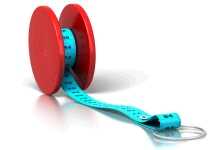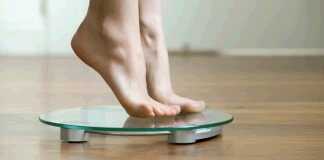Conventional wisdom dictates that you eat 3 meals a day: breakfast, lunch, and dinner. But, conflicting health advise challenges what you thought you knew. So, what is the correct answer? The answer is simple: it depends on you. There is no one way that dictates how many times should you eat a day.
Increased Meals: Increased Metabolism Myth
So, you’ve probably heard that if you eat many small meals, it’s better for you. That it raises your metabolism? That is true only slightly. And, not in the way, you may think.
The thermic effect of food is responsible for your raised metabolism when you are digesting. But, the thermic effect really depends on the total amount of food you eat and not how many times you eat it. For example, for your body, a total 600 calories to digest is the same no matter if it is broken up into 2 meals of 300 calories or 6 snacks worth 100 calories.
A study shows no real effect to your metabolic rate or the amount of fat you lose if you eat many small meals or only a couple of large ones. What’s more important is balancing your intake versus your energy expenditure.
Eating Often to Minimize Cravings Myth
If you are frequently eating to reduce your hunger, it really isn’t working. Researchers have found that eating less, but larger meals increase feelings of fullness and reduce cravings. So, compared to eating smaller frequent meals, the larger meals will leave you feeling more satisfied. And, there is less chance of overeating.
The Health Benefits of Sometimes Skipping Meals
Finally, one of the newer diet trends is “intermittent fasting.” These are planned skipped meals. Whether you skip one meal a day or go as long as a 24-hour period, there is some science that backs this up. But, only in the beginning. After a couple of days, the health benefits recede.
Final Thoughts
Whether you follow a strict 3-meal regime, or like to snack throughout the day, there is no one way eat. The frequency of how many times should you eat a day should largely depend on you.
If you are hungry, you should eat. And, when you are not, you don’t have to eat. Just remember to make smart choices about what you choose to put in your body.































